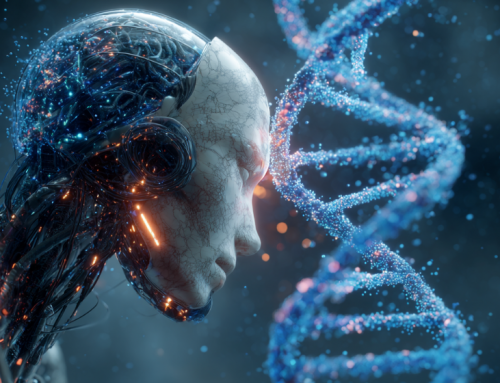
Insilico Pilots Big Data Blood Analysis for Longevity Predictions
Thanks to a deep learning program called Young.AI pioneered by a Baltimore company, it’s now possible to get a prediction of your lifespan based on a free blood analysis for an ongoing academic study, which was outlined in the Journals of Gerontology.
Insilico Medicine, which develops drugs, biomarkers and researches aging, is using deep-learning analysis of blood tests from 130,000 South Koreans, Canadians and Eastern Europeans with the support of Johns Hopkins, University of Oxford, and other research institutions. The largest such analysis in the longevity field produced a model using, “several deep learning-based predictors of biological age trained upon population-specific blood biochemistry and haematological cell count datasets,” according to an article by BigThink.com. AI and deep learning neural networks have enabled Insilico to identify patterns and formulas in the “big data” pool of blood information.
Insilico’s CEO, Alex Zhavoronkov, says, “Our test gives people a sober look at how fast or slow their biological clock is ticking. And for those who learn that their bodies are aging at a fast, unhealthy rate, the test will hopefully serve as a wake-up call, convincing them to take steps now that will add years to their life later—all this insight from a blood test.”
The accuracy of the test won’t be proven for years to come–until the test subjects demonstrate the outcome. However, the program will help determine what factors definitively lead to poor longevity outcomes.
Since we still have much to learn about how and why the progression of ill health manifests in our systems over time, it remains to be seen how accurately a snapshot of your blood chemistry values today can serve as a predictor of your eventual health, A.I. and deep learning notwithstanding. As an indicator of your condition right now, though, it’s clear that a Young.AI report would have value as a guide for informing your behavior.







Leave A Comment